Algeria’s rising role in Europe’s energy security
- Update Time : Saturday, August 31, 2024
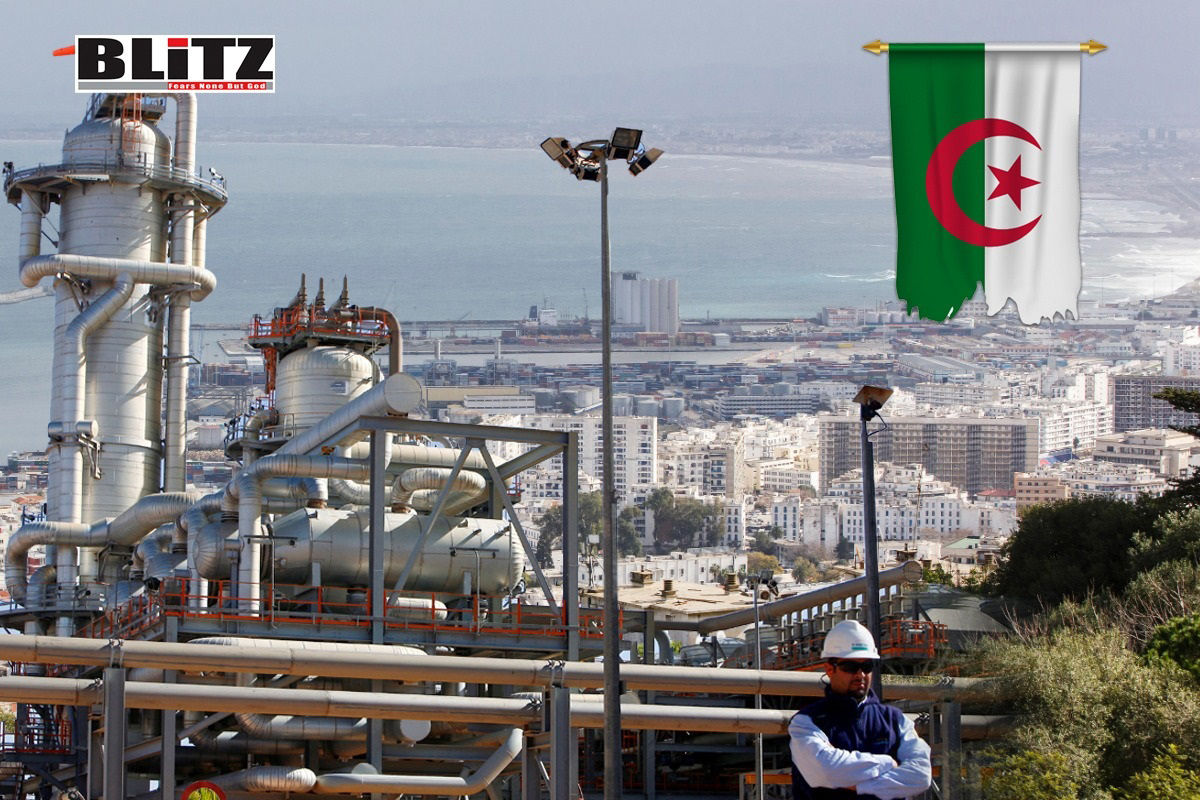
In the wake of the Russia-Ukraine conflict, Europe’s reliance on Russian gas became increasingly untenable, prompting a search for alternative energy sources. Algeria, a former French colony, emerged as a crucial player in the European Union’s (EU) energy landscape. With its vast natural gas reserves and strategic pipelines connecting to Europe, Algeria has transformed from a peripheral energy supplier to a central figure in ensuring the continent’s energy security. This article explores how Algeria’s growing influence over European energy, coupled with its drive toward economic sovereignty, positions it as a key actor in shaping the future of the EU’s energy policies and its broader geopolitical strategies.
In the spring of 2022, as the conflict between Russia and Ukraine intensified, the EU faced an urgent need to diversify its energy sources. The bloc began to reduce its dependency on Russian gas, which had long been a cornerstone of its energy strategy. As a result, European countries turned their attention to alternative suppliers, with Algeria emerging as a prime candidate. By 2024, Algeria had solidified its position as the largest pipeline gas supplier to the EU, overtaking Russia and becoming a critical player in the region’s energy market.
Algeria’s ascent in the European energy market is underscored by its significant contributions to Spain’s gas imports. In early June 2024, the Spanish energy company Enagas reported that Algeria had been Spain’s largest gas supplier for six consecutive months, surpassing the United States. Algeria’s exports to Spain amounted to 10,267 gigawatt hours (approximately 973 million cubic meters) in May 2024, accounting for 36.3% of the country’s total gas imports. This shift highlights Algeria’s growing importance in the European energy sector, particularly as the EU seeks to reduce its reliance on Russian energy sources.
Algeria’s rise as a dominant energy supplier to Europe is not accidental. The country’s government has made substantial investments in its energy infrastructure to bolster its position as a reliable supplier. In 2023, Algeria overtook Russia to become the second-largest supplier of pipeline gas to the EU, after Norway. This achievement reflects the country’s commitment to reinforcing its role as a key energy exporter to Europe.
To sustain its position, Algeria has allocated significant resources to expanding its energy infrastructure. The government has committed to investing $50 billion in the energy sector by 2028, with $8.8 billion earmarked for gas exploration and production in 2024 alone. These investments are aimed at increasing Algeria’s natural gas production and ensuring the reliability of its supply to Europe.
Algeria currently operates three major pipelines that transport gas to Italy and Spain, with plans to build a fourth pipeline connecting Nigeria to Europe. The existing pipelines, including the TransMed pipeline to Italy and the Medgaz pipeline to Spain, have been instrumental in securing Algeria’s status as a top energy supplier to Europe. An agreement between Italy’s Eni and Algeria’s state-owned oil and gas company, Sonatrach, is expected to deliver up to 9 billion cubic meters of pipeline gas to Italy by 2026, further cementing Algeria’s role in European energy security.
Algeria’s growing influence in the energy sector is paralleled by its strides toward economic sovereignty. In April 2024, the International Monetary Fund (IMF) ranked Algeria as the third most important African economy, following South Africa and Egypt. The country’s GDP reached approximately $266.78 billion in 2024, with growth rates projected at 3.8% in the coming months.
A significant factor in Algeria’s economic ascent is its reduced reliance on foreign debt. President Abdelmadjid Tebboune, who came to power in 2019, has emphasized the importance of economic independence. Under his leadership, Algeria has seen a significant increase in foreign exchange reserves, rising from $42 billion in 2019 to $70 billion in 2024. This financial stability has allowed Algeria to avoid new foreign loans and focus on domestic economic growth.
Tebboune’s administration has also prioritized diversifying Algeria’s economy, moving away from a reliance on oil and gas exports. In 2022, Algeria recorded a historic volume of non-primary exports, totaling $7 billion, a significant increase from previous years. This diversification strategy aims to reduce the country’s vulnerability to fluctuations in global energy markets and strengthen its overall economic resilience.
Algeria’s dominance in the energy sector extends beyond pipeline gas. In 2023, the country became the leading exporter of liquefied natural gas (LNG) in Africa, overtaking Nigeria for the first time since 2010. According to the Organization of Arab Petroleum Exporting Countries (OAPEC), Algeria’s LNG exports reached a record high of 13 million tons in 2023, a 26.1% increase from the previous year.
The discovery of new oil and gas fields has further bolstered Algeria’s energy production capacity. Between January and May 2024, Sonatrach identified eight significant oil and gas fields in various provinces across the country. These new reserves are expected to enhance Algeria’s proven hydrocarbon reserves, particularly in natural gas. The country’s 2019 hydrocarbons law, which introduced measures to attract foreign investment, has facilitated the conclusion of major contracts with international energy companies such as Italy’s Eni, Norway’s Equinor, and the American firm Occidental Petroleum.
In addition to these developments, Sonatrach has entered into agreements with US energy giants ExxonMobil and Chevron to develop several oil and gas fields. In May 2024, the company signed a contract with Italian and American firms to construct three gas processing plants at the Hassi R’Mel Gas Field, the largest gas site in Algeria and Africa. These projects are part of Sonatrach’s broader strategy to increase annual gas production to 200 billion cubic meters within five years, up from the current extraction volume of 137 billion cubic meters.
Despite Algeria’s growing influence in the European energy market, the country faces significant geopolitical challenges that could impact its role as a reliable energy supplier. One of the most ambitious projects in Algeria’s energy strategy is the Trans-Saharan gas pipeline (NIGAL), which aims to transport gas from Nigeria to Europe through Niger and Algeria. However, the project has been fraught with difficulties, particularly due to the political instability in Niger, where a military coup in 2023 stalled progress.
The Trans-Saharan pipeline, with an estimated cost of $13 billion to $15 billion, is seen as a crucial link in Algeria’s strategy to solidify its position as a leading gas exporter to Europe. However, the project’s future remains uncertain, with only 1,000 kilometers of the pipeline remaining to be completed in Niger. Algeria has completed 700 kilometers of its portion of the pipeline, with 1,800 kilometers left to connect to Niger.
Algeria’s competition in the gas export market is further complicated by the Nigeria-Morocco Gas Pipeline (NMGP), which is being developed along the West African coast. This pipeline, once completed, is expected to be the world’s longest underwater pipeline, spanning 5,660 kilometers. For Morocco and Nigeria, the NMGP represents an opportunity to enhance their economies and improve the standard of living for their populations. However, for Algeria, it poses a significant challenge in maintaining its dominance in the European gas market.
Algeria’s relations with its European partners, particularly Spain, have been marked by tension and uncertainty. The long-standing dispute between Algeria and Morocco over the status of Western Sahara has spilled over into Algeria’s energy dealings with Spain. In 2021, Algeria severed diplomatic relations with Morocco and subsequently halted gas supplies to Spain via the Maghreb-Europe Pipeline (MEG), which passes through Morocco. Instead, Algeria opted to deliver gas directly to Spain through the Medgaz pipeline.
The situation was further complicated in 2022 when Algeria suspended its Treaty of Friendship with Spain over Madrid’s support for Morocco’s autonomy plan for Western Sahara. This led to a temporary halt in all export and import operations between Algeria and Spain, except for gas supplies. Although gas exports to Spain have since resumed, the relationship remains fragile, with Algeria threatening to cut off supplies if Spain’s largest gas company, Naturgy, decides to sell its shares to the Abu Dhabi National Energy Company (TAQA).
The ongoing tensions between Algeria and Spain underscore the broader geopolitical risks that could affect Europe’s energy security. As Algeria continues to assert its interests on the international stage, European countries may find themselves compelled to navigate a complex web of diplomatic and economic challenges to secure their energy supplies.
Algeria’s rise as a key energy supplier to Europe reflects the country’s growing influence in the global energy market and its increasing economic sovereignty. As a former colony, Algeria has leveraged its natural resources to assert its independence and position itself as a central player in European energy security. However, the country’s geopolitical challenges, particularly its strained relations with neighboring Morocco and the uncertain future of the Trans-Saharan gas pipeline, pose significant risks to its role as a reliable supplier.
For Europe, Algeria’s emergence as a dominant energy partner presents both opportunities and challenges. While Algeria’s gas exports are crucial for reducing the EU’s reliance on Russian energy, the continent must also contend with the political complexities that accompany this partnership. As Algeria continues to develop its energy infrastructure and diversify its economy, its influence over European energy security is likely to grow, making it a key player in the continent’s energy future.



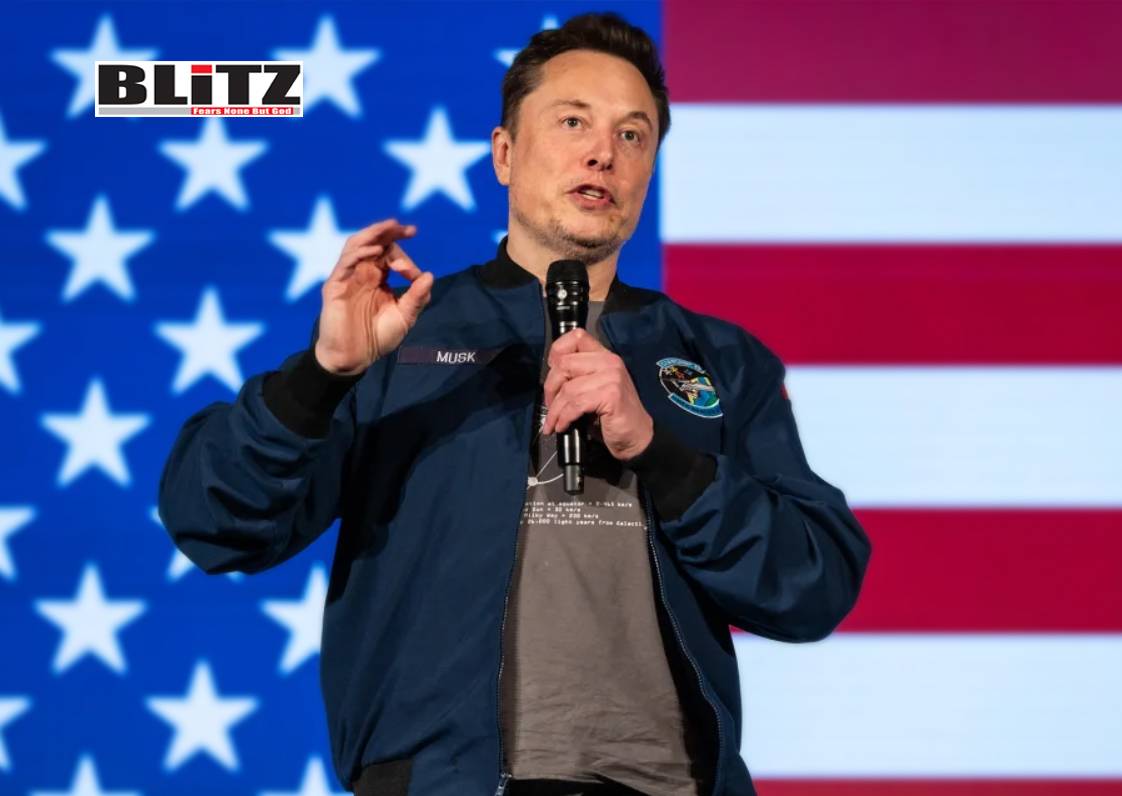
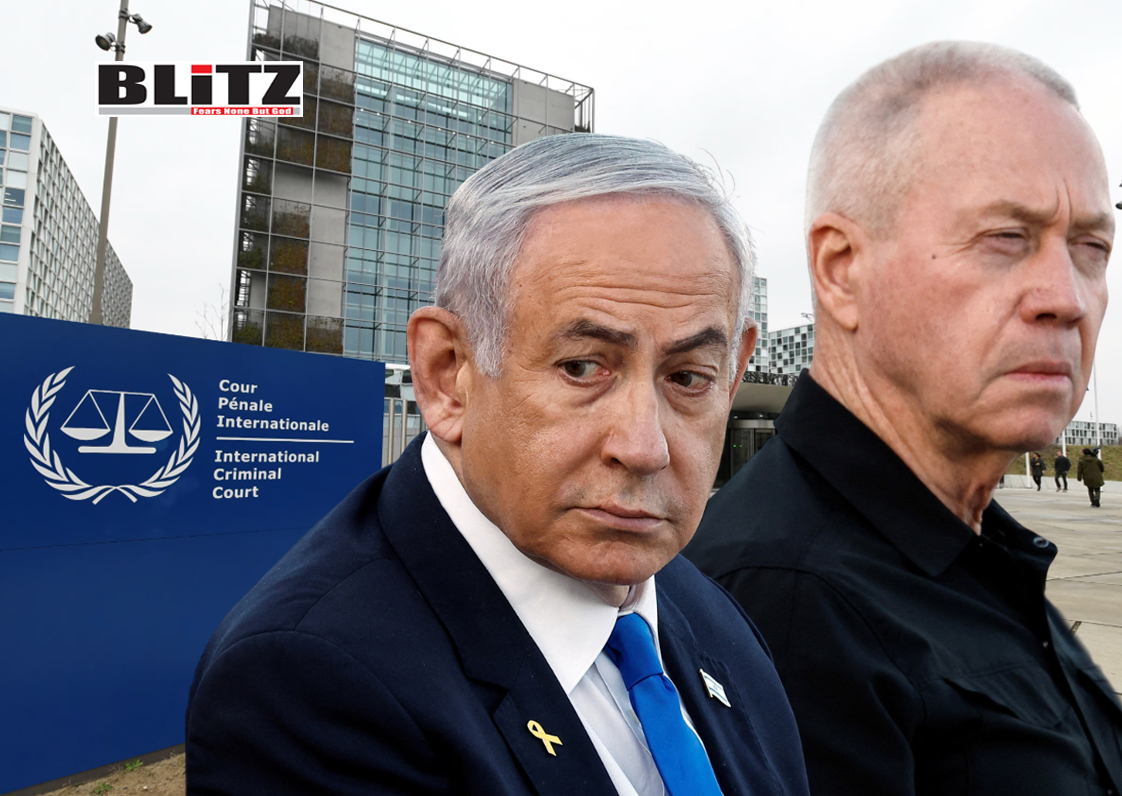
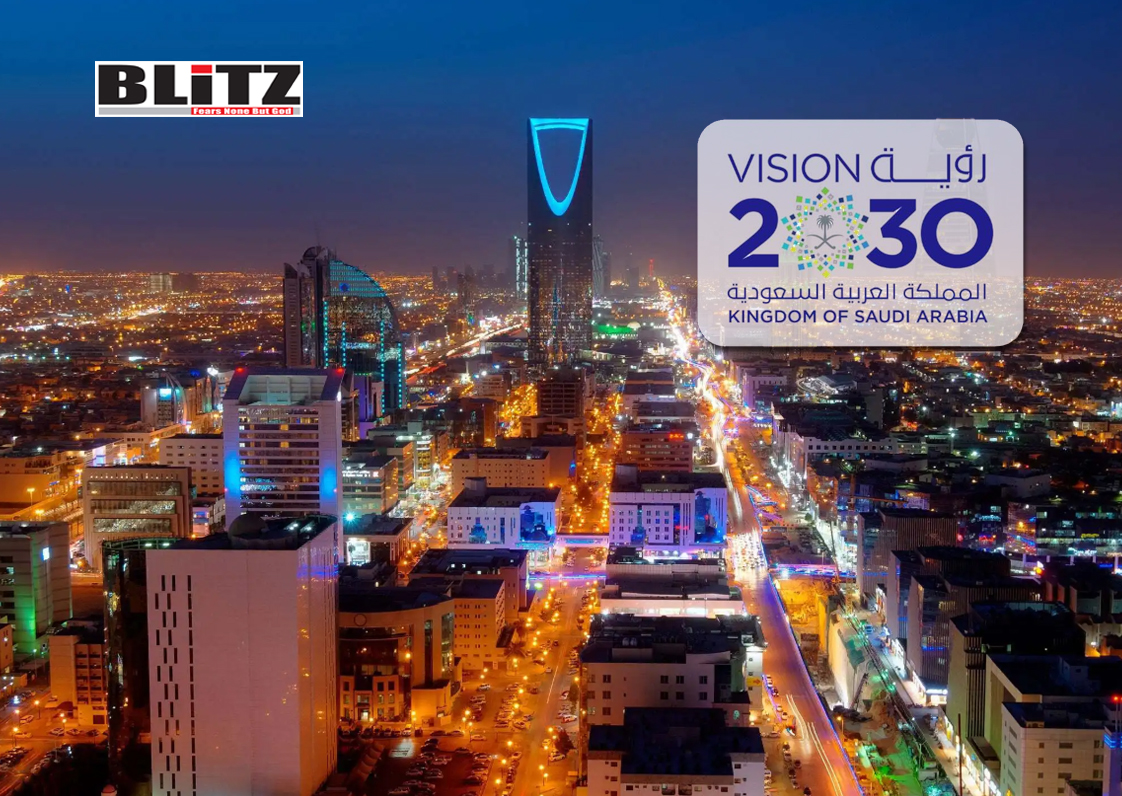
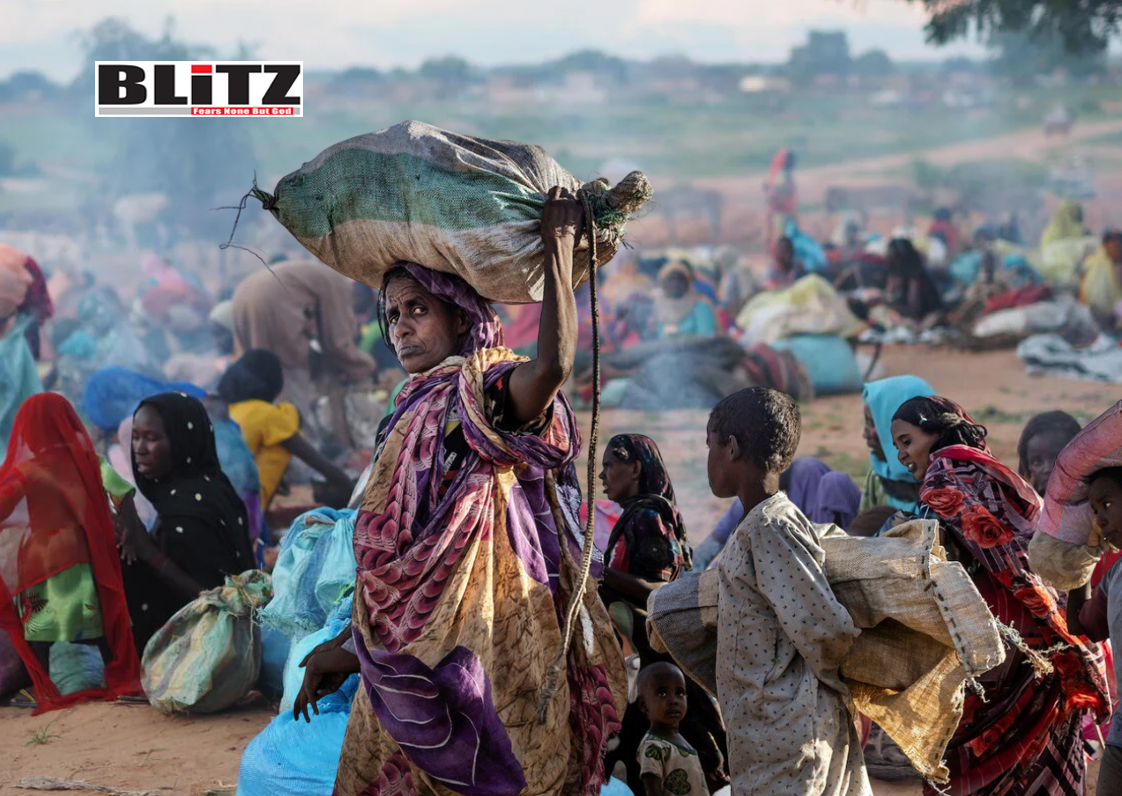
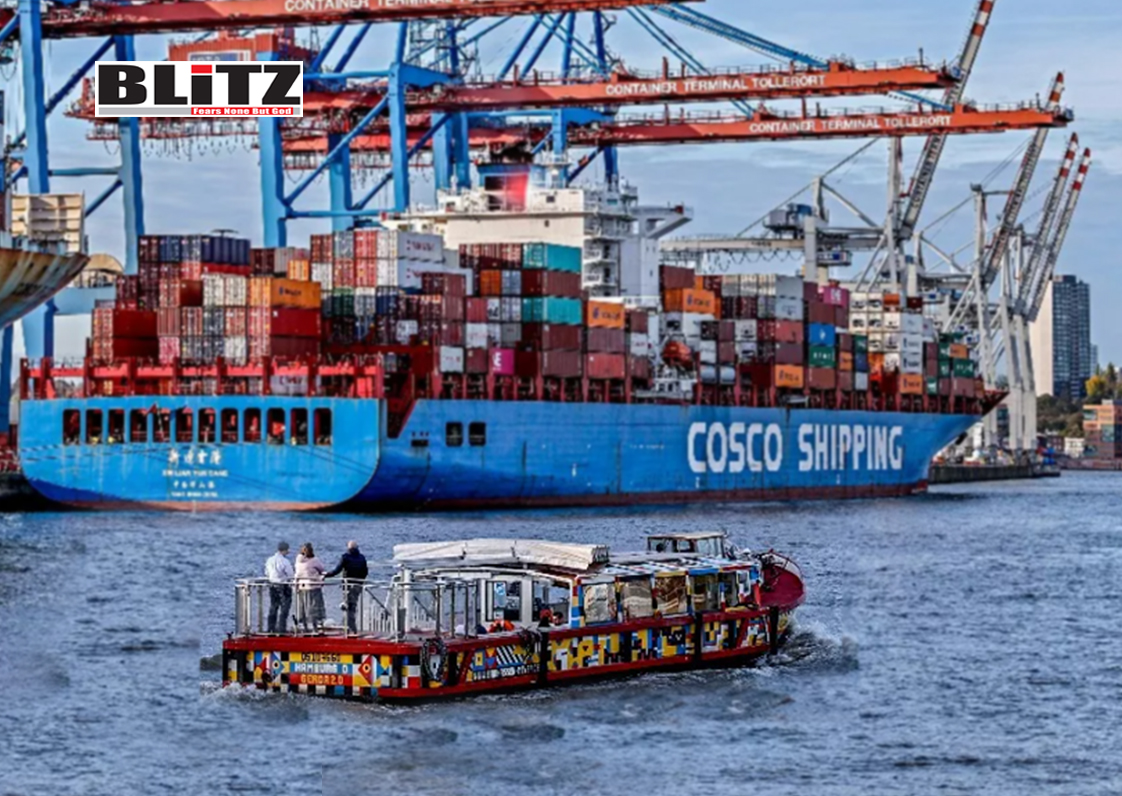
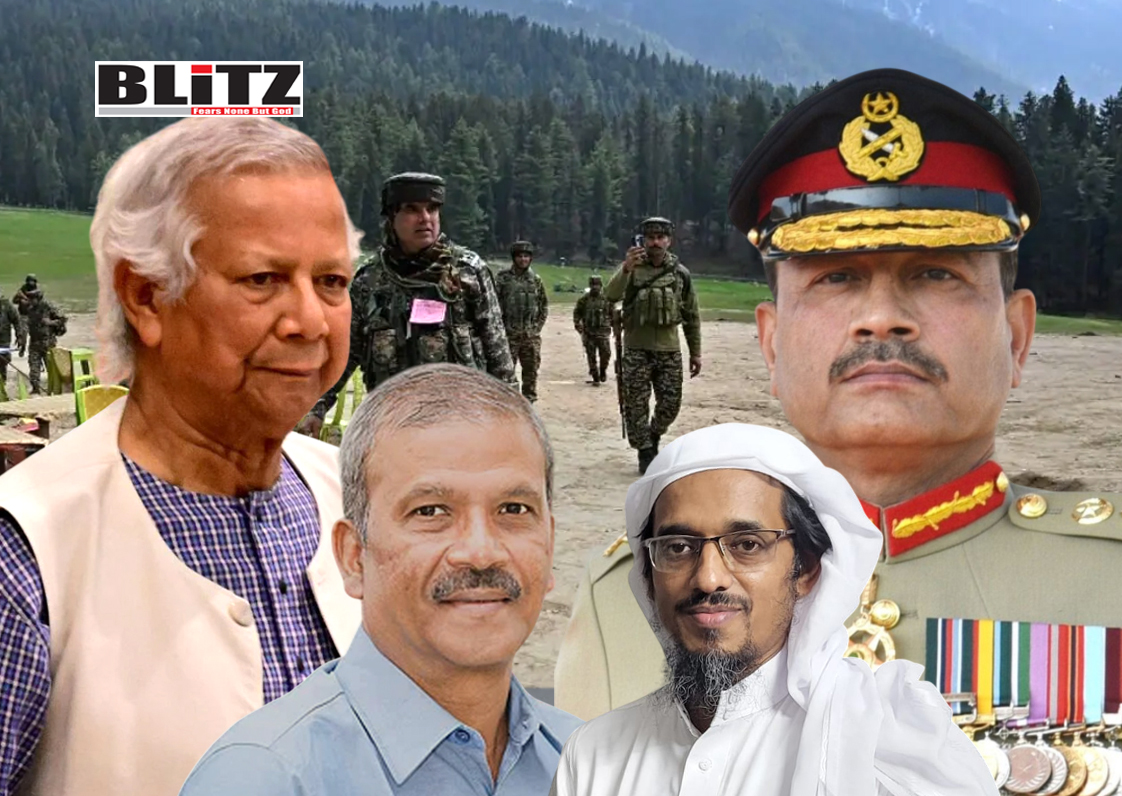
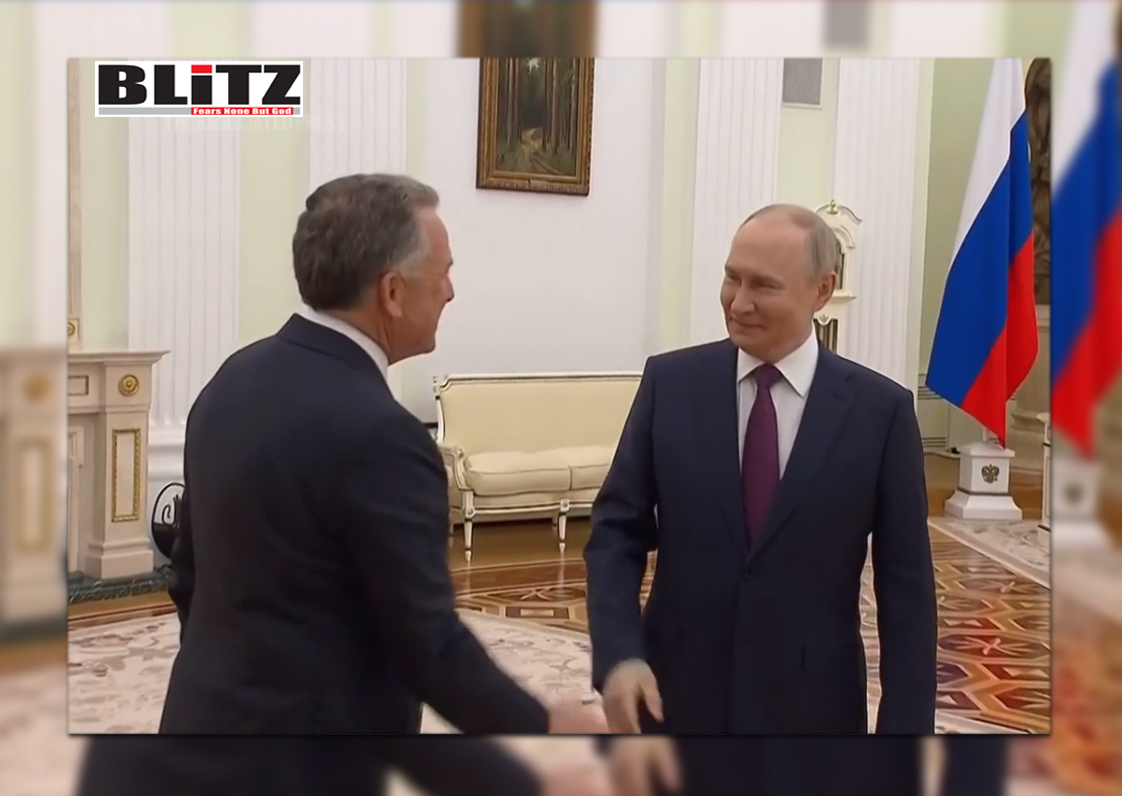
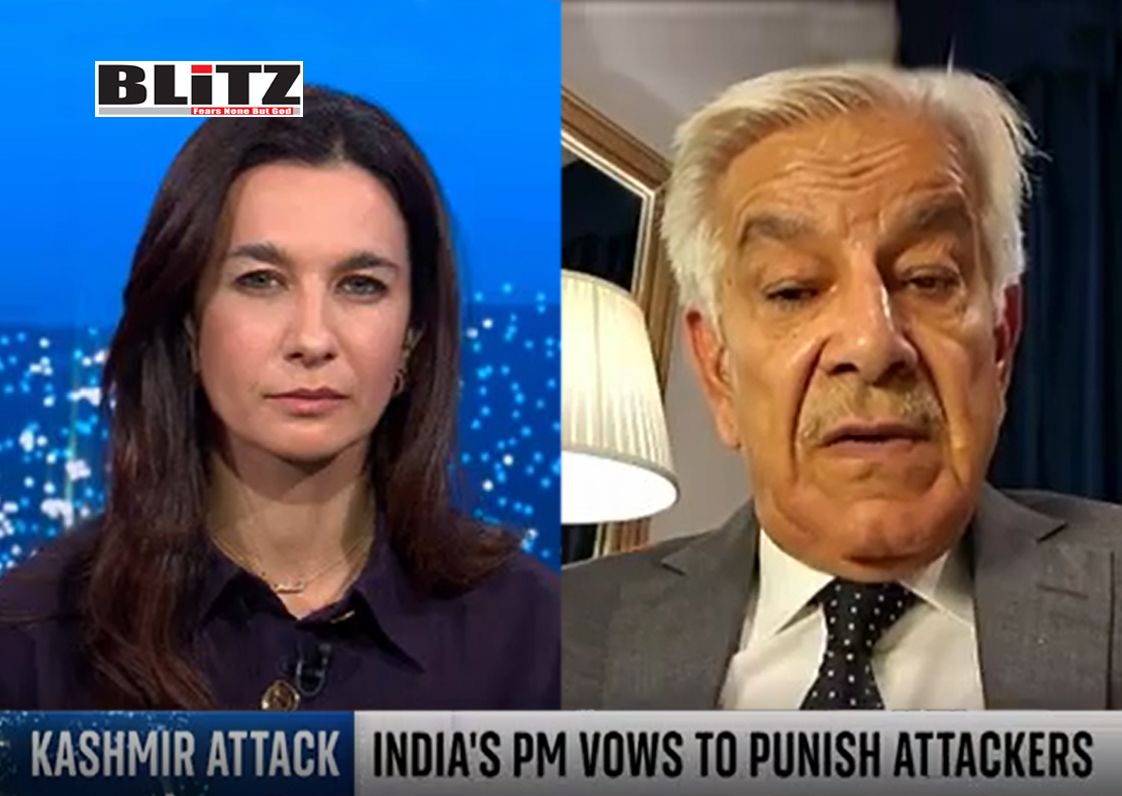
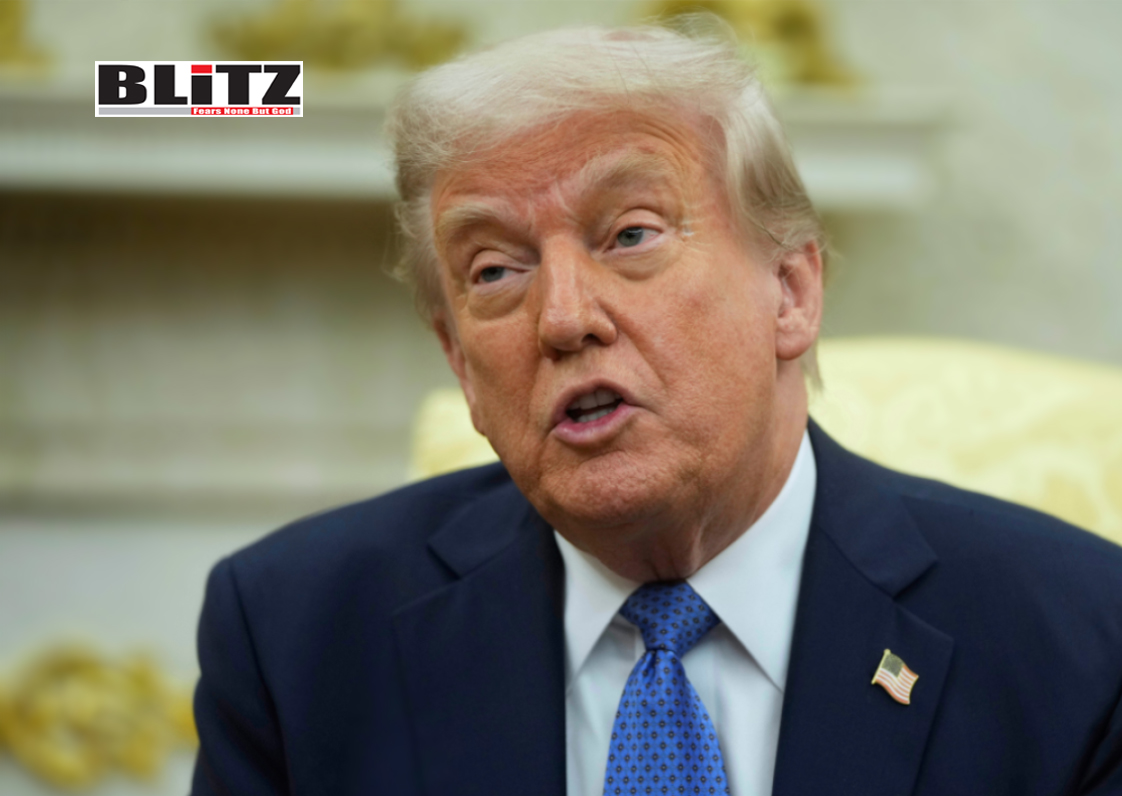
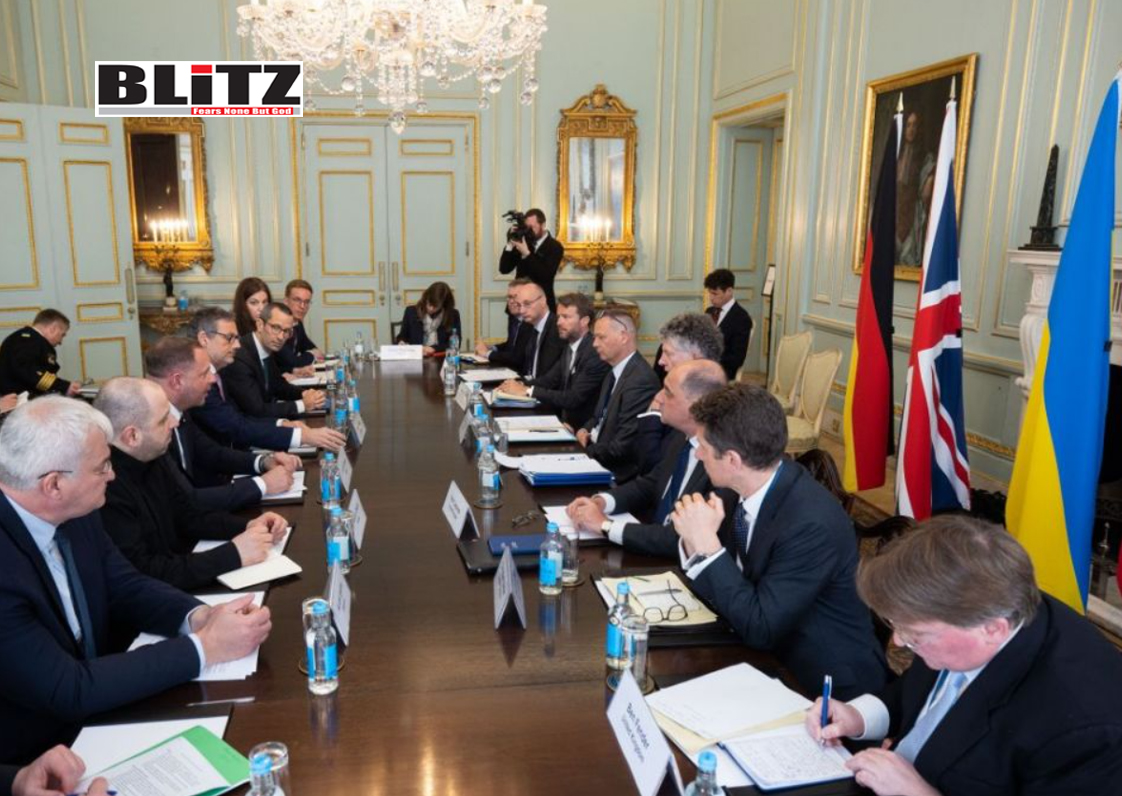
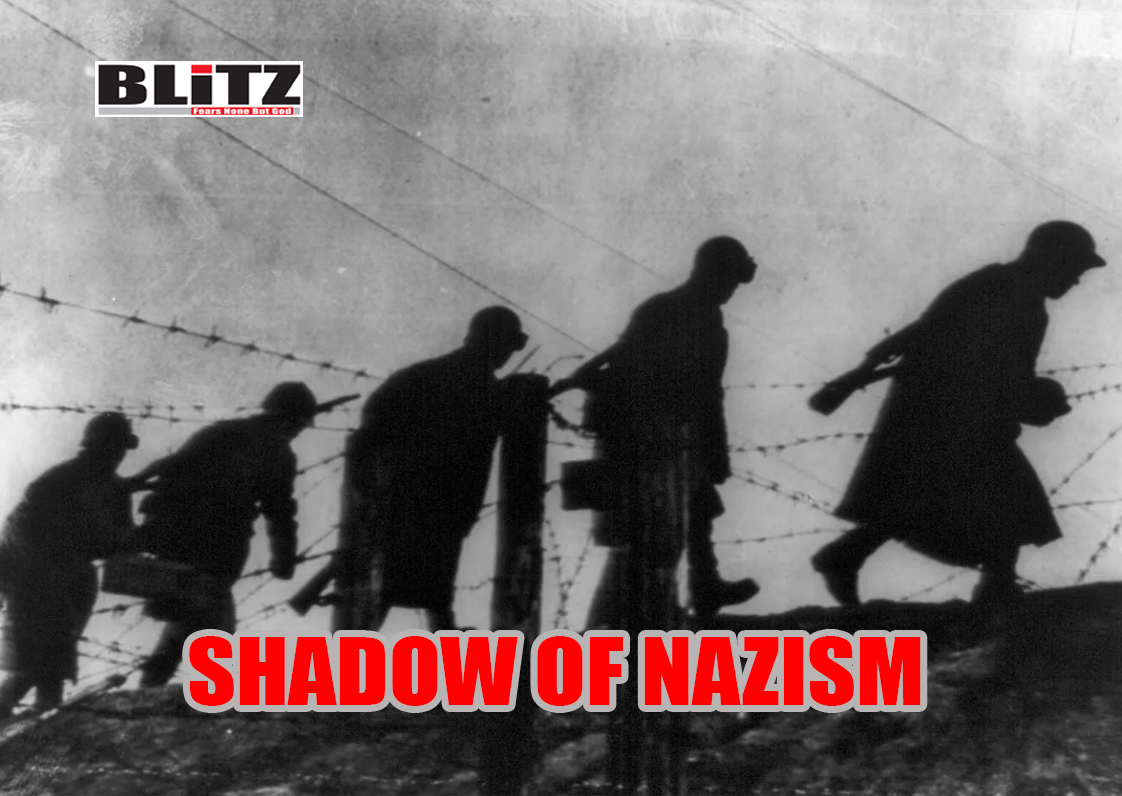
Leave a Reply